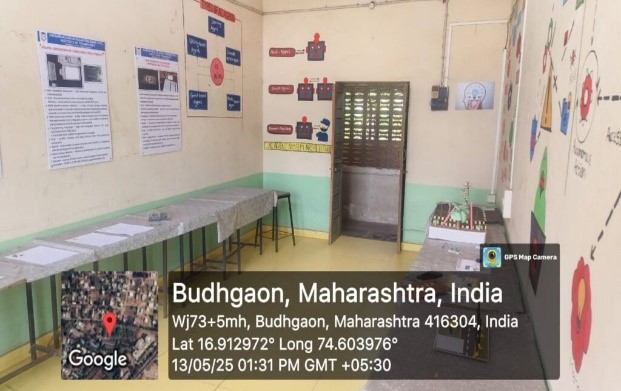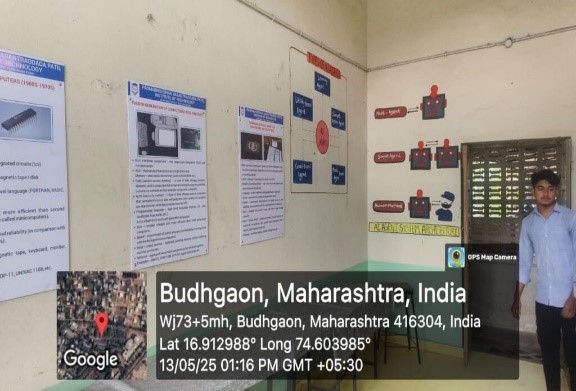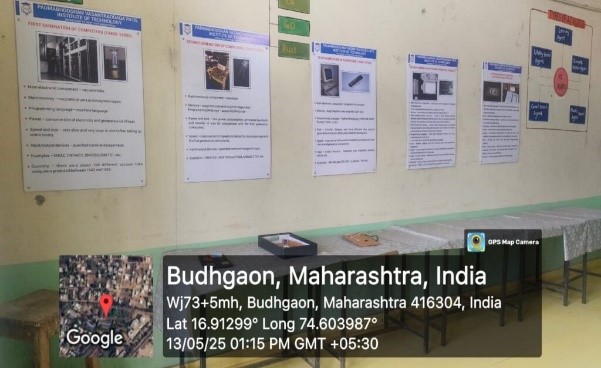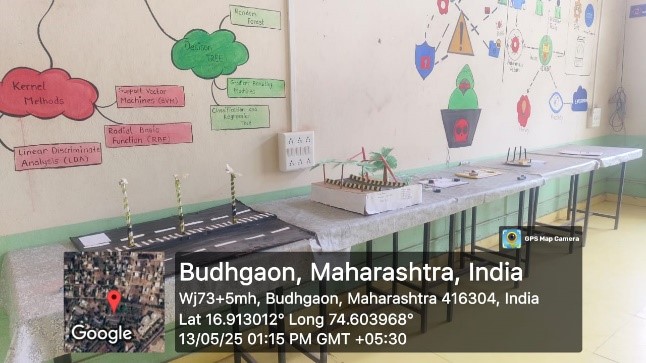First Year Engineering
Innovation Creation Lab
The Innovation and Creation Lab (ICL) is an initiative introduced in the First-Year Engineering Department at PVPIT, Sangli, aims at cultivating a spirit of innovation, creativity, and hands-on learning among students. It provides an early opportunity for engineering students to bridge the gap between academic theory and real-world application.
Objectives
- To foster creativity, critical thinking, and interdisciplinary collaboration.
- To bridge the gap between theoretical knowledge and practical skills.
- To build technical competence through hands-on experimentation.
- To encourage students to explore ideas, and learn from experience.
- To instil an entrepreneurial mind-set and develop leadership and teamwork abilities.
Key Features of ICL
- Project-Based Learning: Students engage in real-time mini-projects.
- Basic Technical Tools Introduced: Sensors, resistors, capacitors, transistors, millimetres, and more.
- Safe and Creative Space: A dynamic environment that encourages trial-and-error learning.
- Faculty Mentorship: Students are guided by experienced faculty to develop and refine innovative ideas.
- Institutional Support: Students are encouraged to participate in hackathons, innovation challenges, and start up incubation programs.
Outcomes of the Innovation and Creation Lab
- Enhancing student engagement with real-world engineering problems through hands-on experimentation and project-based activities.
- Improving creativity, self-confidence, and collaborative abilities among students, encouraging team-based learning and innovative thinking.
- Development of foundational technical skills such as the use of sensors, resistors, and multimeters, alongside essential soft skills like communication, leadership, and time management.
- Increasing participation in innovation-based events, including competitions, hackathons, and start-up incubation programs, reflecting heightened student enthusiasm for entrepreneurship.
- Nurturing of future-ready engineers who are equipped not only with strong academic knowledge but also with practical, industry-relevant competencies and a problem-solving mind-set.




